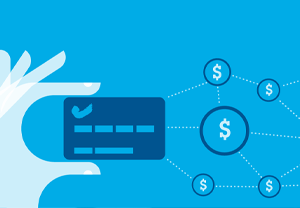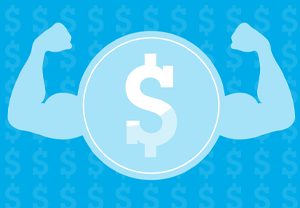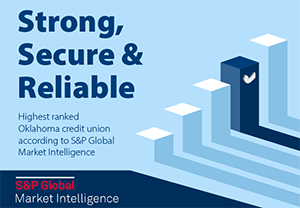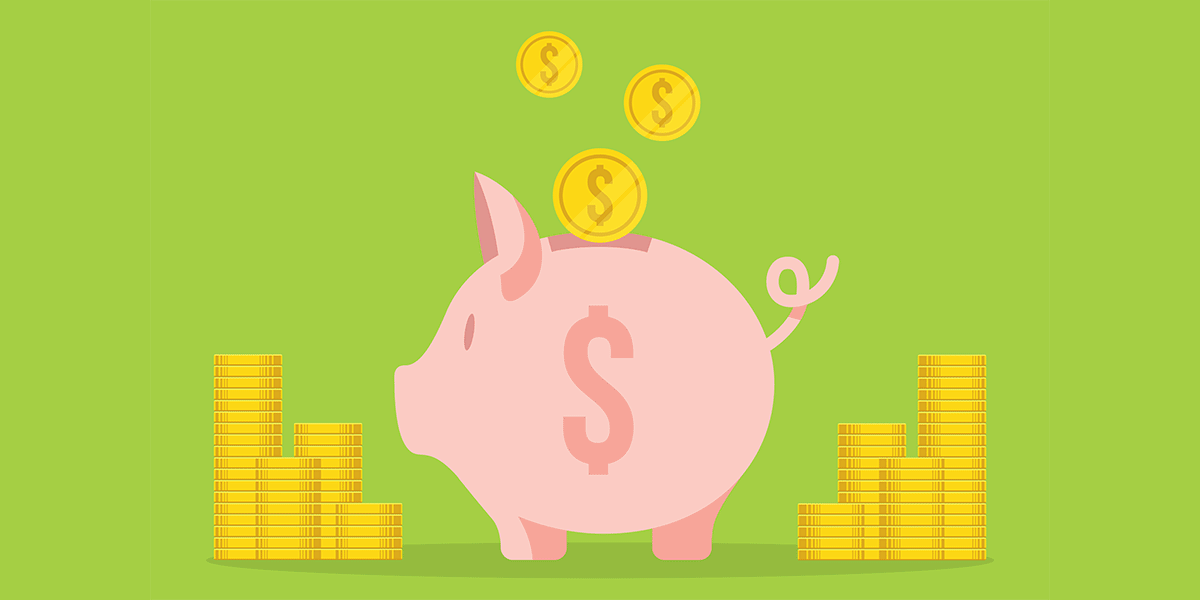Share Certificates, the equivalent of a CD from a bank, are a great way to jumpstart your savings goals. Let’s talk a little about exactly what a certificate is and how it can be used. When we hear Certificate or CD, many people think of savings tools for older people with money or those shiny little discs that played music. Truth is, certificates can be useful savings tools, no matter your life stage.
Certificates pay a premium interest rate on money because you agree to leave it on deposit for a specified duration of time, known as the “term”. Typically, the longer you agree to leave the money on deposit, the more you earn. Pro Tip: it’s always good to shop around for special term certificates with higher-than-normal rates. Often, credit unions and banks have various goals, so they offer a special term with an above-average rate. Generally, a certificate will pay you five to ten times the interest of a regular savings account; sometimes more! Plus, the rate on a certificate will not go down like it could on a savings or money market account. The rate when you open the certificate is locked in for the entire term.
Certificates are a great tool to set aside money for a specific future goal. At CFCU, a certificate can be opened with as little as $1,000 and terms ranging from six months to five years. How can you use a certificate to save for a goal? Just a couple of quick examples: You just received your tax refund and are thinking of taking a vacation later this summer. You can open a six-month certificate with the money and earn six times the savings account rate so and you are not tempted to spend the money, because you have committed to keep it on deposit! Bigger goal? No problem! You might be saving to buy a home or to upgrade your home in the next five-years. You can open a certificate or maybe even more than one certificate with terms that mature before your goal date. Again, you earn more interest and are not tempted to spend your savings.
What happens if you have a financial emergency and need access to the money in your certificate? You have options. First, you can choose to pay a small penalty to withdraw the money early. It’s better than tapping sources like a loan against your 401(k) or using a credit card. You can also use a CD secured loan, where the money in the CD is used as collateral. It is a cheap way to access a credit line, and again, you’ll pay a fraction of the interest you would pay using a credit card or personal loan to cover the expense.
More benefits of CDs: your principal balance will not lose value with the ups and downs of the stock market, so your hard-earned money is secure, and you do not pay brokerage fees that eat into the return on your investment. Sure, you might still earn more in the market, but you can sleep easy knowing your money isn’t at risk.
Savvy savers use a variety of tools to meet goals and maximize returns. We hope to have answered most of your questions and opened your eyes to a new opportunity. If you still have questions or want to talk about the best savings option for you, feel free to call or visit your local branch. Happy Saving!





